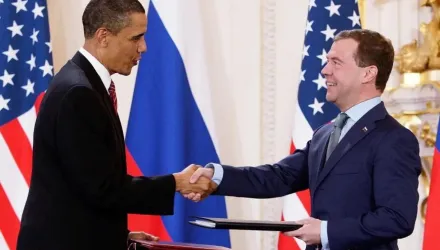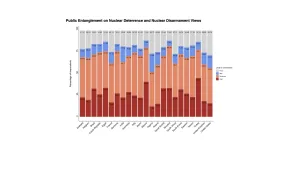Beyond Emboldenment: The Effects of Nuclear Weapons on State Foreign Policy
What happens to the foreign policies of states when they acquire nuclear weapons? This presentation will offer a new typology of the effects of nuclear weapons on foreign policy. The typology allows scholars to move beyond simple claims of “nuclear emboldenment,” and allows for more nuanced predictions and empirical examinations of the ways in which nuclear weapons affect the foreign policies of current and future nuclear states. In this seminar, MTA/ISP Research Fellow Mark Bell will demonstrate the utility of this typology using a “hard” case: the United Kingdom.




